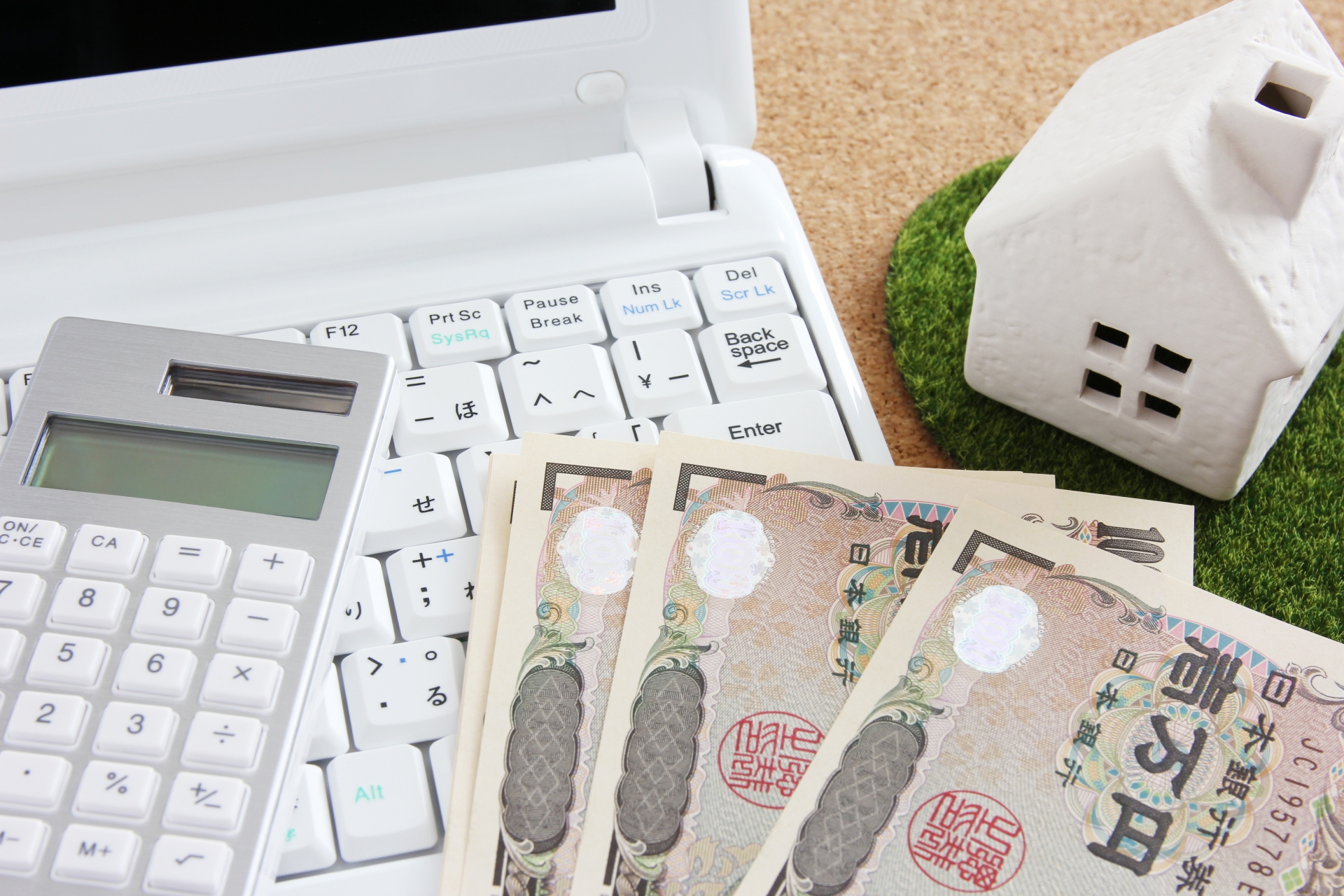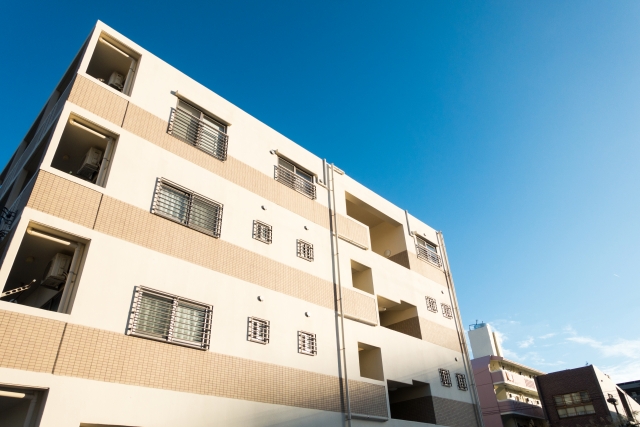1. Residency
Most financial institutions won’t grant home loans to expats without permanent residency status. If you manage to find a bank that will grant you a loan without permanent residency, your interest rate may be higher, so think carefully.
2.Money
 Even if your loan covers 100% of the purchase cost, you’ll still need a sizable chunk of cash on hand. Additional miscellaneous fees (loan processing fees, the real estate agent’s fee, property registration etc.) usually amount to about 10% of the purchase cost. These are never covered by home loans. You’ll also need to prove a stable income to receive a loan – if you’re having trouble, look into Flat35 loans (a type of fixed-rate loan that is often easier to get approved for, but also comes with a host of requirements for the property).
Even if your loan covers 100% of the purchase cost, you’ll still need a sizable chunk of cash on hand. Additional miscellaneous fees (loan processing fees, the real estate agent’s fee, property registration etc.) usually amount to about 10% of the purchase cost. These are never covered by home loans. You’ll also need to prove a stable income to receive a loan – if you’re having trouble, look into Flat35 loans (a type of fixed-rate loan that is often easier to get approved for, but also comes with a host of requirements for the property).
3. Language
English, Chinese and other foreign language-speaking real estate agents are available in Tokyo, especially in expensive expat neighborhoods. But buying a house involves complicated issues related to everything from real estate and loan types to insurance and construction. The more you understand, the better equipped you’ll be to make a good decision. Brush up on topics as necessary. If you don’t speak Japanese, the real estate agent will be your lifeline.
4. Real estate agents
 Speaking of which, your real estate agent is your guide through this very complicated process. Make sure you find an agent that you trust. If an agent doesn’t inspire you with confidence, search for a new one or use multiple agents (especially if you’re searching in multiple areas).
Speaking of which, your real estate agent is your guide through this very complicated process. Make sure you find an agent that you trust. If an agent doesn’t inspire you with confidence, search for a new one or use multiple agents (especially if you’re searching in multiple areas).
5. The house
 Last, but certainly not least, you need to know what you want. Ask yourself a few questions before you start seeing places: How much space do you need? How much can you afford? Suburbs or city center? House or condo? Just remember that you may be forced to adjust your expectations. Take some time to look at listings online to see what you can realistically expect to find in each neighborhood.
Last, but certainly not least, you need to know what you want. Ask yourself a few questions before you start seeing places: How much space do you need? How much can you afford? Suburbs or city center? House or condo? Just remember that you may be forced to adjust your expectations. Take some time to look at listings online to see what you can realistically expect to find in each neighborhood.
Finally, buying a home is a time-consuming process. So don’t forget to have patience! If you can’t find the right place at first, there’s always a chance it could show up later.
